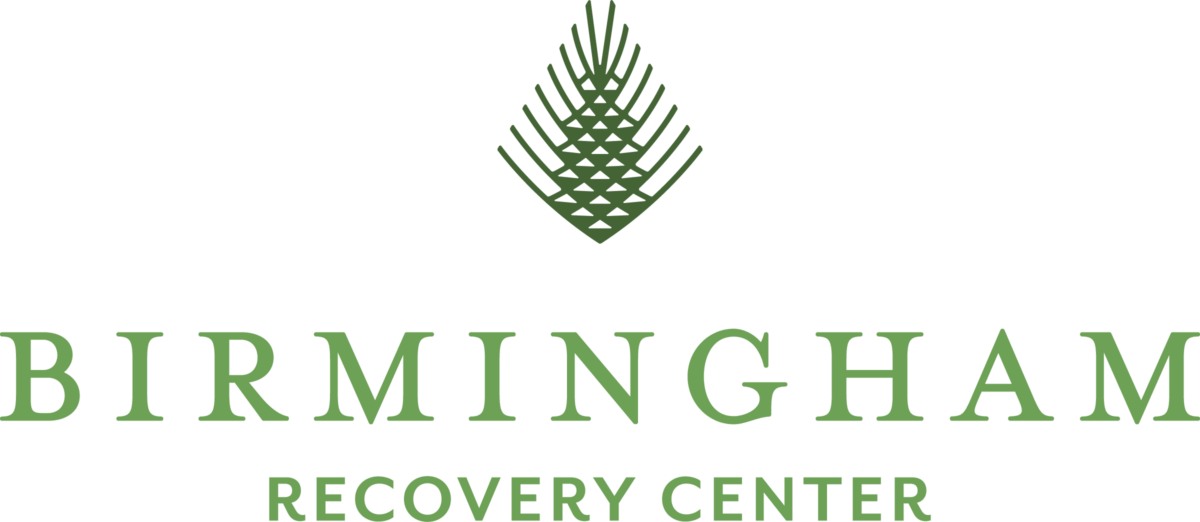A partial hospitalization program (PHP) is a structured program of outpatient services as an alternative to inpatient care. Patients get intense care throughout the day but are not required to stay overnight. The idea of inpatient care can be daunting and can make people less willing to seek help. A partial hospitalization program presents a good middle ground as it allows patients to receive the care they need while holding on to their freedom.
What Are the Benefits of Partial Hospitalization?
Affordability
Because partial hospitalization does not require patients to stay overnight, there is no need for overnight staff, round-the-clock meals, or room and board fees. This results in fewer out-of-pocket expenses. Insurance coverage for partial hospitalization programs is also more available for patients, making it a cost-effective option for many individuals.
The Same Level of Care
Partial hospitalization is not a substitute for inpatient care. In fact, treatment in a partial hospitalization program can be just as intense as in an inpatient program. A day in of treatment in a PHP may include:
- Individual Therapy
- Cognitive Behavioral Therapy
- Group Counseling
When participating in a partial hospitalization program, there is no lapse in the level of care that individuals receive compared to an inpatient program. There is a high level of care and structure that is integrated into daily treatment.
Placement in this kind of program is a clinical decision that can only be made by a physician with thorough knowledge of the patient and their history.
Flexibility and Independence
When an individual becomes a part of a partial hospitalization program, they can return home in the evenings so long as they have a safe, drug-free environment. This allows individuals to keep their independence, maintain their daily routines, and be in communication with friends, family, and others in their support systems.
Dr. Albert E. Moll, the Canadian psychiatrist who popularized the idea of a partial hospitalization program, believed that these programs would reduce the cost of long-term care and that some patients could not handle being apart from their families and friends for such extended periods of time. In partial hospitalization, each meeting is scheduled and remains consistent throughout the duration of the program. This makes it easier for individuals to plan accordingly. With this structure, a patient’s work and personal life can easily be planned around their meeting times.
Easier Transition Between Services
With intensive treatment, the sudden change in demands and environment can disrupt an individual’s recovery. Partial hospitalization makes the transition from outpatient easier, allowing patients to ease into getting the proper care and service needed to recover. The combination of treatment and support can also make individuals more willing to participate and less likely to relapse. A partial hospitalization program assists patients in developing healthy daily skills and working through challenges with maximum support.
Regular Access to Health Care
Participating in a partial hospitalization program, there is a plethora of healthcare professionals at your beck and call. From health specialists and therapists to doctors and nurses, there is always someone to talk to about any concerns you may have. This ability to have daily interactions ensures that patients tolerate treatment well and can help build a support system to guide them through long-term recovery.
Who Should Consider a Partial Hospitalization Program?
At Birmingham Recovery Center, our treatment programs are personalized to offer you or your loved one the best results. A partial hospitalization program can benefit individuals who:
- Have recently completed an inpatient program
- Are seeking treatment for the first time
- Have been determined by a medical professional not to require the structure of an inpatient program
- Have difficulty maintaining sobriety
The program may also benefit those who struggle with the following:
- Depression
- Anxiety
- Drug addiction
- Alcoholism
- Post-traumatic stress disorder (PTSD)
What Can You Learn From A Partial Hospitalization Program?
During your time in a partial hospitalization program at Birmingham Recovery Center, we aim to instill skills that will go beyond our four walls. To achieve long-term sobriety, these are some skills you will gain to help you throughout your recovery.
Managing Your Emotions
Your time in a partial hospitalization program will teach you how to live a life where your emotions do not control you. The program will focus on teaching stress management and how to handle your triggers healthily.
Identifying and Avoiding High-Risk Situations
Certain events and situations can harm your recovery. It can be tough and sometimes impossible to avoid those high-risk situations. Our goal is to help you identify positive ways to manage those situations if you are faced with them.
Developing Healthy Coping Mechanisms
One of the most important things you will learn as a part of a partial hospitalization program is how to face and overcome your urges so you have a lesser chance of relapse. Finding alternative ways to manage your stressors will help you greatly in your journey to long-term sobriety.
Personal Responsibility
In a partial hospitalization program, you will learn about healthy coping mechanisms, practicing self-care, and developing a healthy consistent routine. All of these new skills may interest you in setting goals for the future. While we may help equip you with the skills and resources you need to succeed in the future, it is up to you to go out there and use them in your everyday life.
These are just a few benefits available to you at Birmingham Recovery Center. Prior to enrollment, the admissions staff will work with you to determine the type of care that is suitable for you.
Top Rated Partial Hospitalization Program in Birmingham, AL
Birmingham Recovery Center is a trusted Recovery Center in Birmingham, AL, that offers comprehensive treatment services for those who might need it. Our team of experienced experts is dedicated to helping individuals and their families find long-term recovery through evidence-based treatment plans and personalized care.
For more information about the partial hospitalization program offered at our center, contact us today. We are here to help you or your loved one regain control of their life.

